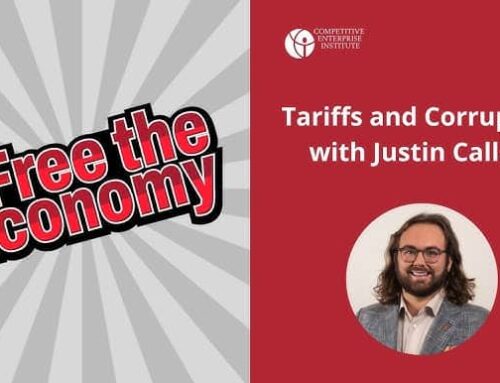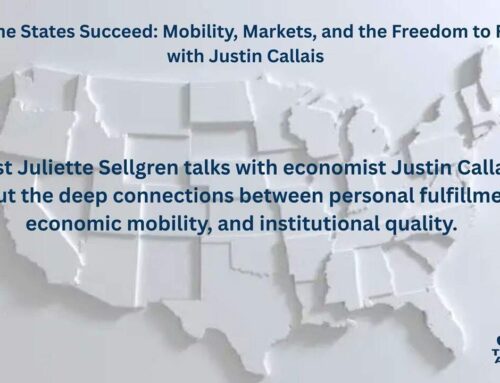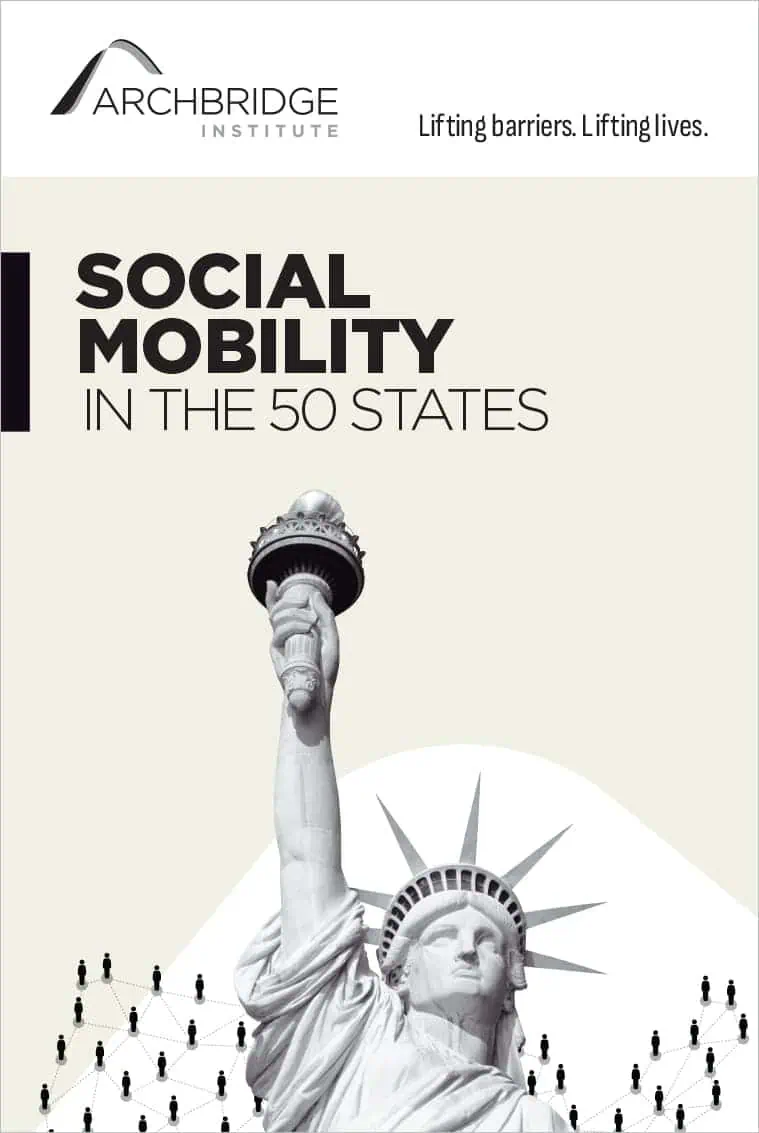
Excerpt:
In a study conducted for the Archbridge Institute a few years ago, I found that after adjusting incomes for the increase in the cost of living, perhaps 70-75% of 40-year-olds had a higher family income than their parents did at the same age. Those estimates addressed circumstances before the impressive income gains we’ve seen since the Great Recession, so it would probably be accurate to put the current absolute mobility rate at 75% or higher.
Is that rate high or low? Without some kind of reference point, it’s hard to say. If we compare today’s absolute-mobility rate to that of the recent past, it looks low. Harvard economist Raj Chetty and other researchers, for instance, have found that over 90% of Americans born in 1940 out-earned their parents. Indeed, according to economist Yonatan Berman, absolute mobility appears to have peaked for people born in the depths of the Great Depression and declined steadily through at least the mid-1960s.
We can also compare absolute mobility in the United States to that of other rich nations. Though we encounter some incongruities in the data, the best we can tell is that absolute mobility in the United States looks similar to that of Canada, Japan, and France, and worse than that of Australia, Germany, the Netherlands, Norway, Sweden, and Finland. The evidence is ambiguous as to whether America’s absolute mobility looks worse than or the same as that of Denmark and the United Kingdom. Regardless, it’s clear that these reference points do not paint America’s contemporary absolute-mobility rate in a favorable light.
However, high absolute mobility may compete with another important economic outcome: high living standards. Consider the fact that the typical parent’s income in the United States today is three times what it was in 1940. Would you rather have been born in 1940 and experienced higher absolute mobility, or born later and earned more income? Likewise, today’s adults in China, having witnessed remarkably fast economic growth rates in recent decades, have almost surely experienced much higher absolute mobility than Americans over the same period. Would you rather have been born in rural China or the United States? Additionally, around 80% of today’s American adults who grew up poor now exceed their parents’ income, while that is true of only 10% of adults who had the richest parents. Where would you rather have started?
A second way of comparing people to their parents is to consider the extent to which growing up with relatively rich or poor parents translates into being relatively rich or poor oneself. To be sure, we all hope for a world in which people end up better off than their parents in absolute terms. But even if everyone were to improve on their parents’ standard of living, their economic fates might remain inextricably tied to childhood advantage or disadvantage. The son of a security guard might end up becoming a better-paid security guard, but if the odds were always against him becoming a scientist, then most of us would say his opportunities were constrained despite his increased purchasing power.
Researchers measure “relative mobility” by ranking adults and their parents from poorest to richest and then assessing how one’s rank during childhood affects one’s rank as an adult. My Archbridge Institute research focused on children who were raised by parents with family incomes that ranked among the lowest fifth in the country. These children had a 46% chance of remaining in that bottom fifth as adults. Their probability of making it to the top fifth was just 3%. If parental income were unrelated to income in adulthood, every child would have a 20% chance of ending up in the bottom fifth and a 20% chance of ending up in the top fifth. This means there is quite a bit less upward mobility out of poverty in America than we might hope for.
Read the full article at National Affairs.
Read the study Economic Mobility in America here.
Scott Winship, PhD, is a senior fellow and director of the Center on Opportunity and Social Mobility at the American Enterprise Institute. He serves as an academic advisor for the Archbridge Institute. Follow his work @swinshi.





